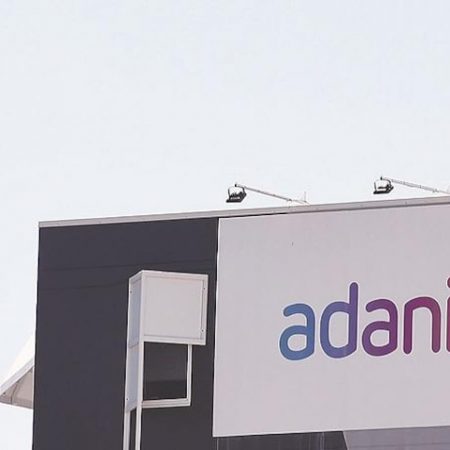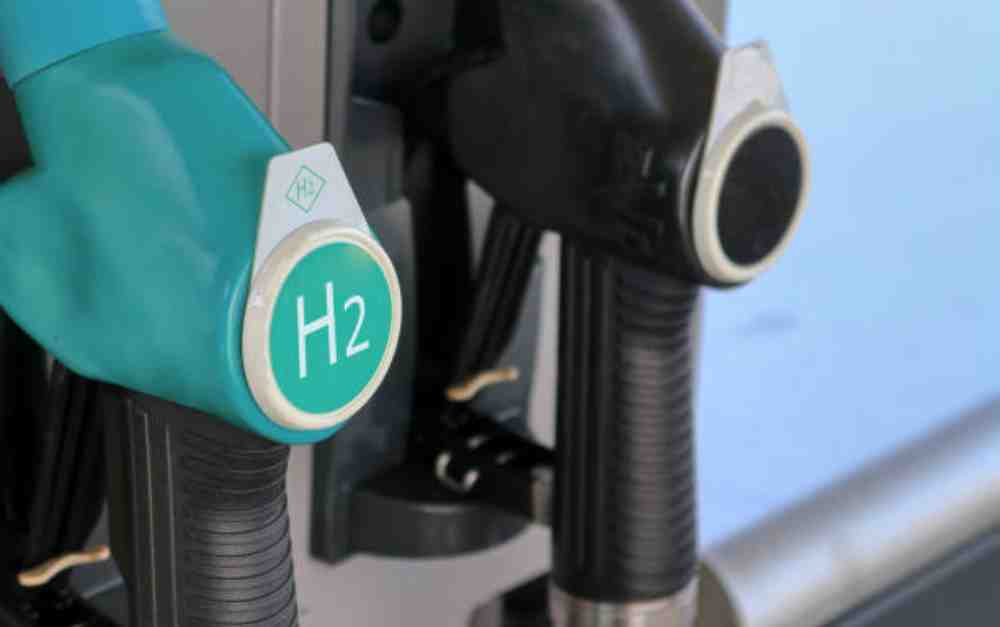
Commercialisation of Hydrogen fuel cells
Adani Group has signed a non-binding Memorandum of Understanding (MoU) with Ballard Power Systems. This pact will explore the possibility of the commercialisation of hydrogen fuel cells in various mobility and industrial applications in India.
A statement from the Adani group said, under the MoU, both the parties will examine various options to cooperate, including potential collaboration for fuel cell manufacturing in India.
Hydrogen is important for the decarbonization of energy, industry, and mobility. Gautam Adani led Adani group aims to be one of the largest green hydrogen producers in the world through accelerated investment in renewable energy.
Adani New Industries Limited (ANIL) is the newly formed subsidiary of Adani Enterprises. This firm will anchor the efforts under the agreement.
“Our ability to build a world-class green hydrogen value chain will be critical in facilitating the energy transition and we are excited to partner with Ballard, a global leader in fuel cell technology, to create a shared fuel cell ecosystem in India. We will be deploying innovative use cases across our businesses with fuel cell trucks, mining equipment, marine vessels, off-road vehicles, and critical industrial power. We will shape the industry through this strategic collaboration,” said Vneet S. Jaain, Director, Adani New Industries Ltd.

Adani aims big
In November 2021, Adani group had decided to invest $70 billion in the new energy space of the next decade. Gautam Adani’s logistics-to-energy conglomerate last month announced the setting up of a new subsidiary, ANIL to undertake green hydrogen projects, generation of low carbon electricity and manufacture of wind turbines, solar modules and batteries. The company aims to become the world’s largest renewable energy company and produce the cheapest hydrogen.

Green Hydrogen policy
On February 17, the Union Ministry of Power unveiled India’s new green hydrogen policy, promising cheaper renewable power, fee waiver for inter-state power transmission, land in renewable energy parks, and mega manufacturing zones to help local industries wean themselves off fossil fuels.
India’s total hydrogen demand is expected to touch 11.7 million tonnes (mt) by 2029-30 from the current 6.7 my, the Mint reported. Around 54% or 3.6 mt of India’s annual hydrogen consumption of 6.7 mt is utilized in petroleum refining and the rest in fertilizer production. The government now plans to promote the usage of green hydrogen through the new policy.

